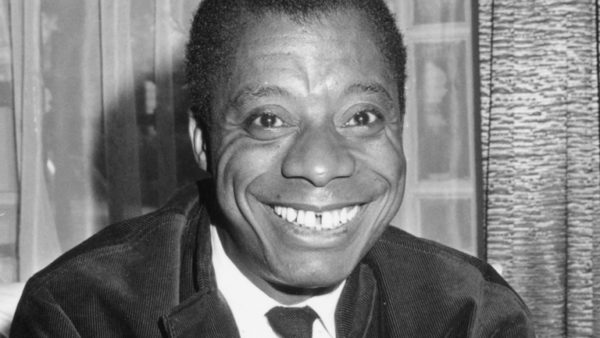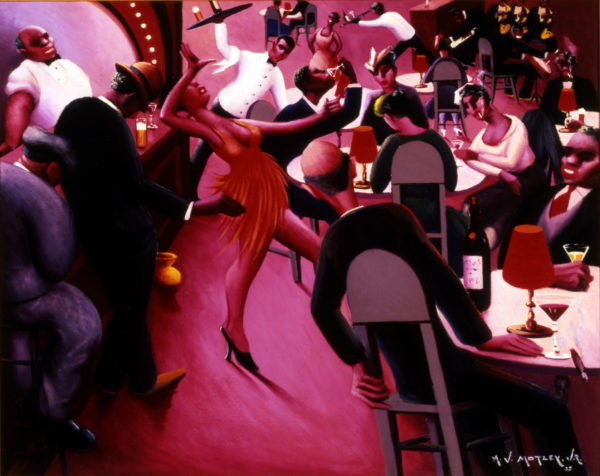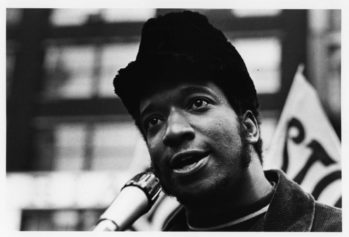The FBI was created in 1909 as the Justice Department’s unit to investigate federal crimes. J. Edgar Hoover became FBI director in 1924 and served until his death in 1972, an astounding 48 years. Throughout the 1930s, the FBI’s role expanded when President Franklin D. Roosevelt asked the FBI to research ‘‘subversives’’ in the United States, and Congress passed a series of laws increasing the types of federal crimes falling under the FBI’s jurisdiction. During World War II, the FBI was further authorized to investigate threats to national security. This loosely defined mission formed the heading under which the FBI began to investigate the Civil Rights Movement. In addition to the agency’s well-chronicled obsession with Martin Luther King, there were hundreds of other African-Americans who were targeted.
FBI Surveillance Actually Affected Black Writing
The official aim behind the FBI’s close reading of Black writers was to anticipate political unrest. Yet, as William J. Maxwell reveals in his book “FB Eyes: How J Edgar Hoover’s Ghostreaders Framed African American Literature,” FBI surveillance came to influence the creation and public reception of African-American literature in the heart of the 20th century. The surveillance actually influenced what they wrote, according to Maxwell. Maxwell says authors such as Claude McKay, James Baldwin and Sonia Sanchez were aware that the FBI was spying on them. In their letters and correspondences, their self-censorship comes across clearly — as well as what Maxwell calls “stylistic experiments” in their writing in response to the snooping. In addition, the FBI threatened the international travels of African-American writers and prepared to jail dozens of them in times of national emergency.
Trying to Stop a ‘Move Forward’ by Black People
The Hoover bureau targeted practically the whole of the African-American freedom movement, starting with the first signs of the Harlem Renaissance. In the judgment of Tyrone Powers, a retired Black agent, the bureau’s persistent aim was to “weaken and unlink” the unified chain of Black self-organization, frustrating any sustained “move forward by African Americans.”




